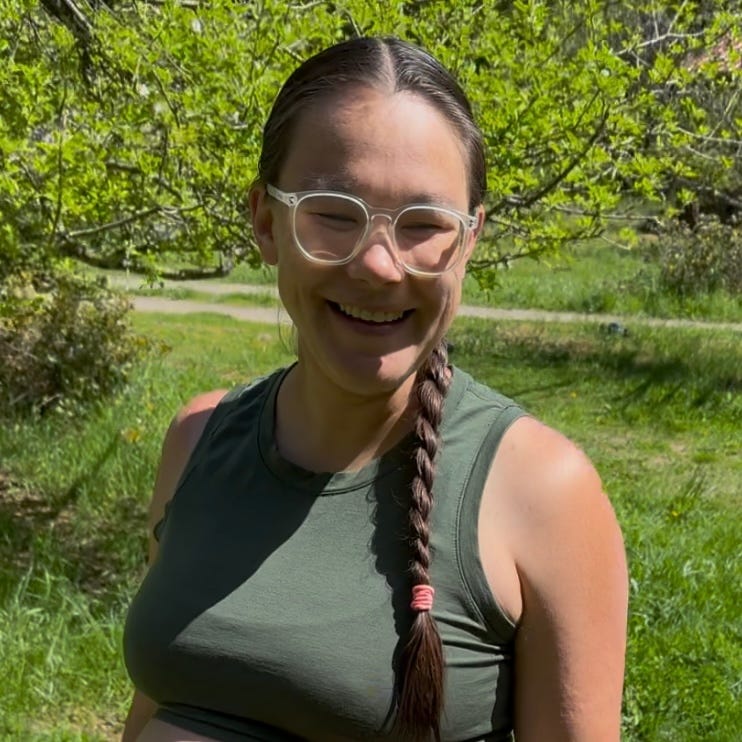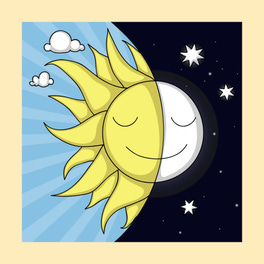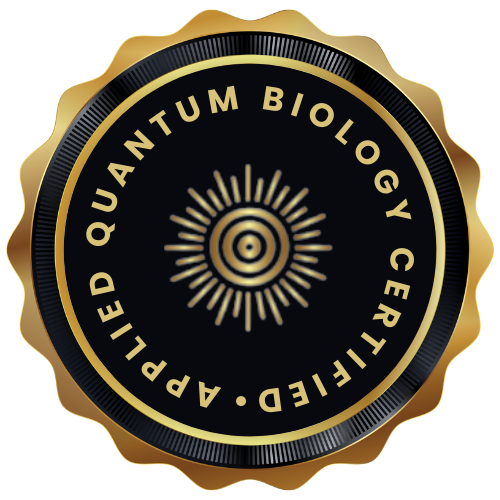About 🌞Brighter Days, Darker Nights🌚
This is a bestselling publication on Substack written by doula & perinatal quantum biology practitioner Nikko Kennedy.
This space is held in devotion to the rhythms of light. Light illuminates from without and radiates from within. It’s for those who feel called to live in alignment with light that heals, reveals, and nourishes. I publish to help you re-establish relationship with the aspects of nature that are cyclical, restful, and radiant. Learning and transforming life in this way is for ourselves, our families, and the wider world. We all benefit from better relationships with natural light.
Subscribe to explore circadian & quantum wellness solutions for things like relieving pregnancy symptoms, transmuting childbirth pain, bolstering postpartum care, giving circadian rhythm support for newborn babies, optimizing puberty hormones, increasing fertility, and getting good sleep across the lifespan 🧡
Why subscribe to Brighter Days, Darker Nights?
If you’ve ever wondered what light has to do with your hormones, why some babies just won’t sleep, or how to feel like yourself again after giving birth, this is your invitation into circadian and quantum-informed care through the birthing year and beyond.
Anyone can read the most recent posts for free on the web and in the Substack website and app. You can find my archive here and follow my Substack Notes here (Substack Notes is social media, but only for Substack readers and writers—a thoughtful crowd, for the most part).
🌙 Free Tier (Always free)
For anyone curious about the connection between light, health, and the rhythms of life, I welcome you to the free tier. If you’re pregnant, postpartum, supporting others, or simply feeling the pull toward natural living:
Access to new public posts (one each moon cycle)
The downloadable Circadian Pregnancy Protocol
Substack Notes to stay connected to the community and latest insights
The transformation I hope you will get: “I’m starting to see how light and rhythm shape my body — and I finally have language and steps to do better at what I’ve felt all along.”
"I’m interested in learning about the best ways to bring my baby into relationship with light and water, and get myself into optimized rhythms for life.”
~ Note from Oona, paid subscriber
🌾 Paid Tier ($25/month or $250/year)
For the rhythm-seeking parent or forward-thinking practitioner who wants to integrate light-aligned living into their home or care work:
Instant access to 200+ articles, replays, and workshops
Practical support for fertility, sleep, newborn rhythms, and postpartum healing
Live calls with Nikko for guidance and community connection
No pressure, no overwhelm — step-by-step learning at your own pace
The transformation I hope you will get: “I’m no longer just surviving, I understand what mothers and babies need and how to help make it happen in my own life. After this, I just may decide to become a teacher in this lineage!”
"i am a birth and postpartum doula in Australia and also starting to heal my circadian rhythm, all of this information is so valuable and i hope to teach this stuff to new mums too!"
~ Note from Juliette, paid subscriber
🪔 Quantum Tier ($300/year)
For the deep dive, if you are ready to integrate this work with direct, individualized support:
All standard membership content
The Circadian and Quantum Childbearing Year program for practitioner-level understanding (14 recorded lessons spanning fertility, pregnancy, and birth)
The transformation I hope you will get: “I’m confident and able to lead within this new paradigm.”
“Such a great first lesson! And I really appreciate the recommended reading list! My ah-ahs: the synergistic relationship of melatonin and oxytocin to support an easier labor and the importance of a strong circadian rhythm in even pair bonding and gender differentiation. My question would be so do you feel like this may be playing a role into why there is such a high divorce rates as well as this emergence of gender fluidity because our circadian balance is so skewed?”
~Comment from Lauren, Practitioner tier subscriber
Learn more
Read the backstory and inspiration behind my work in the post below:
Become a circadian health expert at home and in your professional life
How did 🌞 Brighter Days, Darker Nights 🌚 come to exist?
You are also welcome to email at nikko@brighterdaysdarkernights.com or book a complimentary consult to get help deciding which tier or service offering is right for you. Also, while there are paid offerings available, no one is turned away for lack of funds. Email me at nikko@brighterdaysdarkernights.com.
About the Author
Nikko Kennedy is the Research Director at the Institute of Applied Quantum Biology, an accredited nonprofit training doctors and wellness professionals to use light, circadian rhythm, and quantum biology as clinical tools. Her work outside of the Institute as a doula and science writer bridges practitioner-level precision with accessible, family-centered application, offering a grounded approach to fertility, pregnancy, postpartum, puberty, and hormonal transitions across the lifespan. Through her bestselling Substack, Nikko translates emerging research into daily rhythms that nourish health. Her upcoming book will share the foundations of circadian and quantum care with a broader audience seeking hormonal harmony, deeper rest, and radiant fertility in a light-starved world.
Disclaimer
All material contained in this publication is for informational purposes only. This information is not intended to diagnose, prevent, or cure any medical condition, nor to replace medical advice offered by qualified health care providers. Any application of the material provided is at your own discretion and is your own, sole responsibility.







